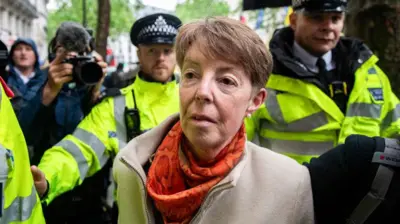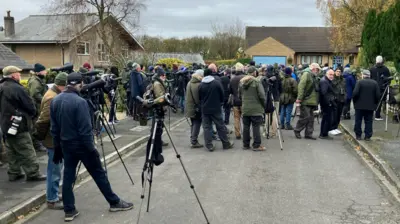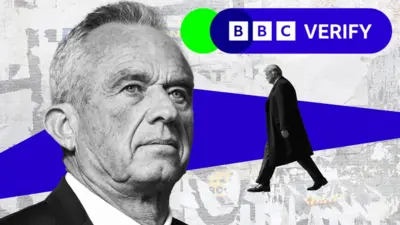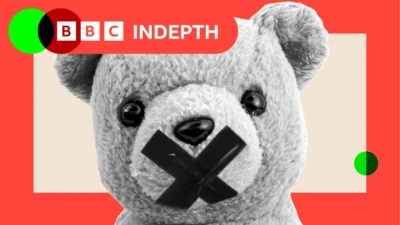We've updated our Privacy and Cookies Policy
We've made some important changes to our Privacy and Cookies Policy and we want you to know what this means for you and your data.
Free school ВЈ21m private contract plan
- Author, Sean Coughlan
- Role, ґуПуґ«ГЅ News education correspondent
A private profit-making Swedish company has won a ВЈ21m contract to manage a proposed free school in Suffolk.
Free schools cannot be run for profit - but their trusts can buy in services from private firms.
The 10-year contract for Breckland Free School won by IES UK is believed to be the most extensive of such school management contracts so far announced.
The final proposals for the secondary school in Brandon are expected to be submitted this week.
The families wanting to set up the school expect to hear in January whether it has been approved by the Department for Education.
Lack of places
But the plans have raised political sensitivities about the boundary between free schools funded by public money and the involvement of the private sector in state education.
Free schools are funded from the public education budget - but the schools are run independently.
Chris Keates, general Secretary of the NASUWT teachers' union, said: 'It is nothing short of scandalous that the future of our children and young people is now up for sale to the highest bidder."
The local families wanting to set up the school in Suffolk say that it will address the need for a secondary school in the area.
The site for the proposed school, which they want to open for 300 pupils in September 2012, would be in school buildings which will be vacant in the autumn.
The group wanting to set up the free school, Sabres Educational Trust, is proposing that it should be managed by a profit-making company, IES UK.
This is the UK arm of a Swedish company which runs chains of free schools in Sweden - an inspiration for England's free schools initiative.
Alicia Rickards-Ottevanger, one of the group of local families supporting the free school plan, said the Swedish firm had been chosen because it seemed closest to the trust's ambitions for the school, regardless of whether they were a profit-making business.
Ms Rickards-Ottevanger is herself a NASUWT representative and says: "If any or all the things unions are worried about with regard to free schools bothered me as a potential member of staff, I simply wouldn't apply."
She said the proposed free school was a practical way of addressing the lack of a school for families in the area.
"It was this route or nothing," she said.
Gordon Warnes, chairman of Sabres said he hoped that "Breckland Free School will become part of a worldwide network of international schools providing an amazing array of opportunities for students and community".
This proposal is believed to be the most extensive private contract for managing a free school. There has been a previous case of a state school in north London being run by a for-profit company, with the school later becoming an academy.
Progress 'monitored closely'
Commenting on the contract, a Department for Education spokesperson said: "Free schools are funded like all other state-funded schools - on a per pupil basis.
"Over 10 years a successful, fully-subscribed school of this size may well see this level of revenue funding to pay for pupils' education. From this, like any other state-funded school, it would have to pay for its substantial operating costs."
The department added: "Free schools founders do not and can not make a profit.
"State schools and their local authorities have always been able to use companies to help them run services in schools - from human resources, to ordering stationery, to school catering and providing educational advice.
"In this case, the free school's charitable trust has decided that it wants to draw on the expertise of an established education company, with a proven track record of running good schools.
"This is not the same as the free school proposers making a profit themselves."
But the Anti Academies Alliance said the proposals were a "clear signpost of the direction of travel" for the government's education policy.
"Privatisation and deregulation, not system-wide school improvement, appear to be the destination."
Top Stories
More to explore
Most read
Content is not available








